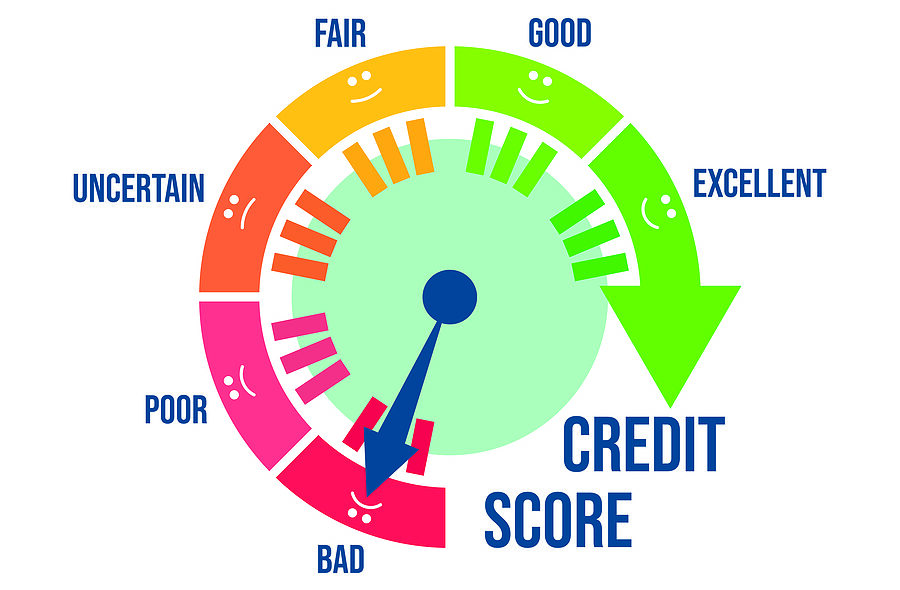Most consumers utilize a credit card at some point in their lives, and many of them carry credit card debt from month-to-month. While using credit cards responsibly can help increase a person’s credit score, having too much credit card debt can cause significant harm to that score.
The amount of debt you owe on your credit card is one of the biggest factors affecting your credit score. That’s why it is never a good idea to max out your credit card. And when your credit score goes down, you could end up having to pay higher interest rates on loans or any other credit you apply for. A low credit score can impact your applications for apartment rentals, cell phone plans, and more. Research by the Consumer Financial Protection Bureau has indicated that high income earners are as prone to financial stress because of debt as low-income earners.
The amount of credit card debt carried by consumers is growing. It is estimated that around 14 million American consumers owe more than $10,000 on their credit cards. Additionally, one of every three consumers carries a balance on their credit card from month-to-month.
The amount of credit card debt a consumer should carry depends heavily on his or her financial situation. One way to determine this fact is to use the consumer’s credit utilization score. Knowing credit utilization can help keep the consumer from harming his or her credit rating when carrying credit card debt.
Credit utilization is the amount of money the consumer owes on all his or her credit cards compared to the total amount of money he or she is allowed to borrow on these cards. To get the credit utilization score, the consumer should add up the money he or she is allowed to borrow on each card. The amount of credit utilization should be no more than 30 percent of that amount. For example, if the consumer is allowed to borrow up to $10,000 on his or her credit cards, the total amount that he or she can safely carry on credit without hurting his or her credit score should be less than $3,000.
It’s always a good rule of thumb for the consumer to pay off his or her credit card balance every month, but in the event, this is not possible, the consumer should aim to keep the balance lower than the credit utilization amount. Otherwise, the balance could cause harm to the consumer’s credit score.
As bankruptcy attorneys, we see credit card debt as one of the most common problems facing those with serious financial challenges. It is not surprising with the high interest rates, unreasonable fees, harassing debt collection calls, penalties and never-ending minimum payments that do not even make a dent in your actual debt.
Filing for bankruptcy is a viable option for those struggling with insurmountable credit card debt. Chapter 7 is the fastest form of consumer bankruptcy and forgives most unsecured debts like credit card debt, medical bills, and personal loans. There are certain qualifications a consumer must meet in regard to income, assets and expenses to file for Chapter 7 bankruptcy, which is determined by the bankruptcy means test.
Please click here to read more.
If you have questions on this topic or are in financial crisis and considering filing for bankruptcy, contact an experienced Miami bankruptcy attorney who can advise you of all of your options. As an experienced CPA as well as a proven bankruptcy lawyer, Timothy Kingcade knows how to help clients take full advantage of the bankruptcy laws to protect their assets and get successful results. Since 1996 Kingcade Garcia McMaken has been helping people from all walks of life build a better tomorrow. Our attorneys help thousands of people every year take advantage of their rights under bankruptcy protection to restart, rebuild and recover. The day you hire our firm, we will contact your creditors to stop the harassment. You can also find useful consumer information on the Kingcade Garcia McMaken website at www.miamibankruptcy.com.

